Over the past few months, I have spent a good great deal of time researching healthy recipes and trying, at the same time, to learn more about what foods are really healthy . . . which foods are the best for us.
Hours and hours and hours reading, questioning, and reading more.
And, right now — my head is spinning.
 Gluten-free. Whole Grains. Whole foods. Processed Foods. Butter. Margarine. Cow’s Milk. Almond Milk. Sprouted Bread. Soaked Bread. Soy. High Fructose Corn Syrup. Agave Nectar. Bad Fats. Healthy Fats. Vegan. Vegetarian. Primal diets.
Gluten-free. Whole Grains. Whole foods. Processed Foods. Butter. Margarine. Cow’s Milk. Almond Milk. Sprouted Bread. Soaked Bread. Soy. High Fructose Corn Syrup. Agave Nectar. Bad Fats. Healthy Fats. Vegan. Vegetarian. Primal diets.
I wish there was a clear cut answer to nutrition. I’m a black and white thinker; I need rules, order and real, factual guidelines.
(Can you tell I’m really a Type-A personality despite my rambling, ellipses-filled, stream of consciousness style of writing? Yes, ’tis true.)
But the world of nutrition, despite it’s rainbow of fruits, vegetables, grains, and meats, is filled with shades of gray.
I swear, every single site I visit has a different opinion on what it is that our bodies need to be healthy and what items are the best for us. . . . what ingredients are “ok” and what items we should be avoiding altogether.
How do you decide what you’re going to do? I’m a layperson in the world of healthy living. A novice on her knees, trying to learn how to fuel her body but being pulled a different direction each day.
Some examples: prior to working with my nutritionist a few months ago, I was a butter-use. I loved the flavor and wanted the natural fats rather than a processed margarine. But, my nutritionist 86’ed the butter and said to use an olive-oil based butter substitute. I was sad but agreed to abide by her rules. 
(until last weekend, when at a friend’s house I indulged in a tryst with my former lover and spread spread creamy butter on (gasp) french bread. Oh. My. WORD. I had forgotten how simply wonderful butter is. I nearly cried tears of joy as that goodness hit my tongue. Sigh — I’m still not over the experience)
But, she is the only one to give me this information; the majority of the online resources I’ve been perusing are all about using natural products and butter is one of those approved foods.
So, which should I use? Should I go with what a board-certified doctor and nutritionist told me . . . or should I keep in line with my “all-natural” advocates and use butter?
 Then there is the issue of grains. We’ve been a whole-grain only household since April If it’s not 100%, I don’t buy it or make it.
Then there is the issue of grains. We’ve been a whole-grain only household since April If it’s not 100%, I don’t buy it or make it.
But, I’ve seen more and more people stressing that we should be avoiding gluten OR avoiding grains altogether. The reasons for a gluten or grain-free lifestyle are varied; there’s the issue of gluten allergies . . . the possible link between gluten intolerance and Poly-Cystic Ovarian Syndrome (a common hormonal disorder, which I happen to have) . . . and other reasons, including the one given by many that our bodies weren’t really made to process grains.
Now I’m even more confused — should I stick with my whole grain mantra, move to a gluten-free diet, or listen to the people that say our bodies weren’t meant to process grains and that we should remove them all from our diets?
GAH!!!!!!
Every site I visit has a different agenda; it’s hard to know who to trust and what’s really accurate. Yes, the doctors and USDA say one thing, but then there are others who say our governmental guidelines are wrong and affected by lobbyists. And, at times, it’s hard not to disagree with that.
Take the issue with High Fructose Corn Syrup, which is now also being called “corn sugar” because of the backlash and concerns about the use of HFCS in our foods.
The Corn Refiners Association — the industry behind HFCS — even went so far as to, recently, launch a blog campaign trying to spread the word that HFCS is “natural.’
(I really disagree with that, but I’m not going to debate right now)
Now, as far as I’m concerned, all sugars should be strictly limited but I specifically try to avoid HFCS as much as possible. There are too many studies that show we should be questioning the use of HFCS in nearly every product in our grocery stores. Yes, our governmental health guidelines say it’s ok in “moderation,” but how can one take it in moderation when it is in practically EVERY single grocery item?
Seriously, start reading your labels — it is HARD to find a product without HFCS. How can the normal, every day family consume with “moderation” in mind when it’s everywhere?
But, it’s the same with all sugars.
Did you know it’s recomended that we not consume a product with more than 5g of sugar per serving?
Wanna know how many are in my favorite, organic, low-fat yogurt? TWENTY-NINE grams.
Oh, yeah — and that’s the dirty little secret of low-fat and fat-free foods. . . generally, they have greater amounts of sugars added to them just so they’ll taste better.
Zero fat but you’re getting crazy amount of sugar . . . which still ads up to more calories and weight gain.
Again, I say, “GAH!”
(it’s times like this when I wish I’d majored in Health/Nutrition/Food Truth instead of English Literature . . . sigh, Shakespeare — what good are you now?)
For now, I guess there’s nothing to do but keep eating my fruits and vegetables (focusing on organic, ’cause – ya know – you don’t want pesticides. . . even though my last batch of organic lettuce had little red bugs all over it . . . which really grossed me out and made me NOT eat lettuce for a week), limit my intake of red meat (’cause that’s still bad for you right . . . that didn’t change last night, did it?), focus on whole grains (unless my doctor tells me otherwise), and drink lots of water (thank GOD that one is easy and an undisputed topic).
What do you do to eat healthy?
To you subscribe to a particular diet lifestyle (whether because of allergy or other reasons) or do you just eat whatever you want and disregard the healthy fads?
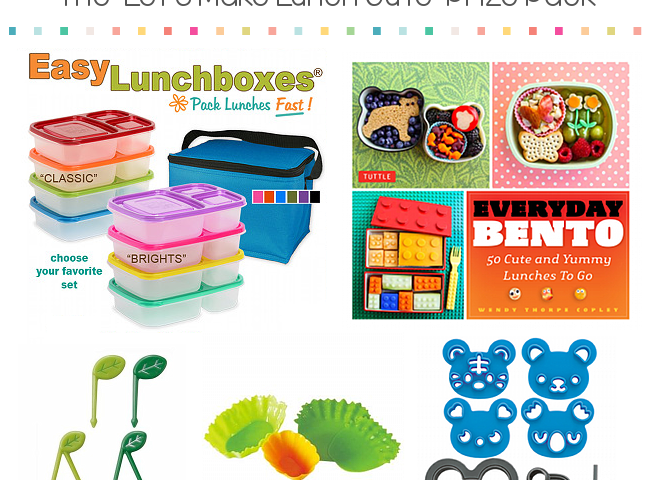
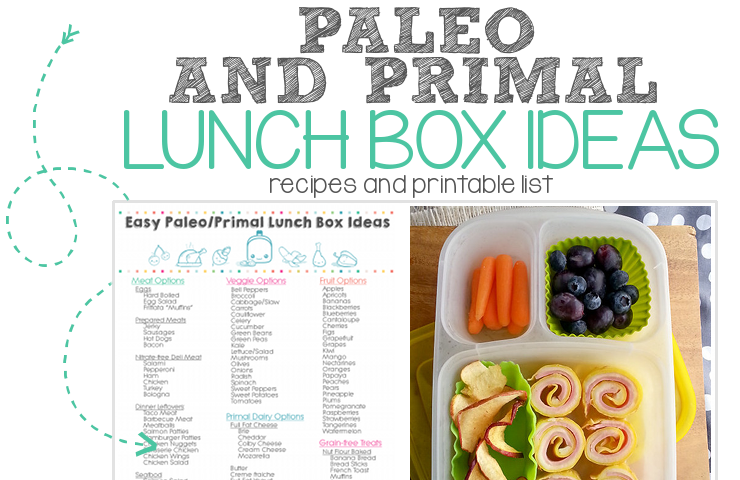

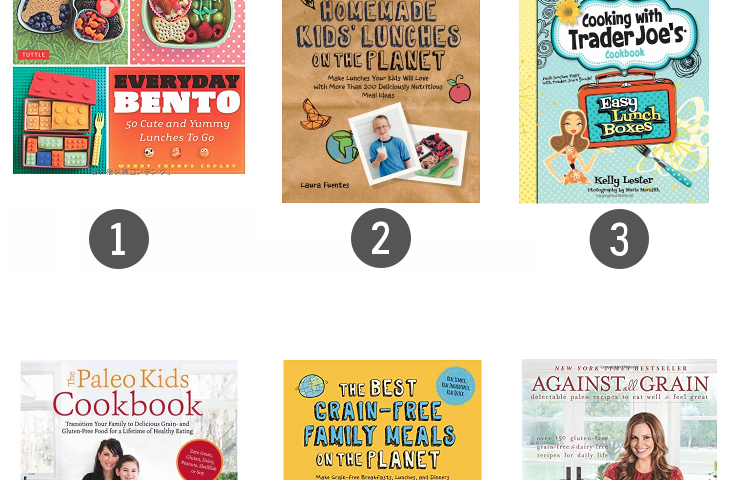

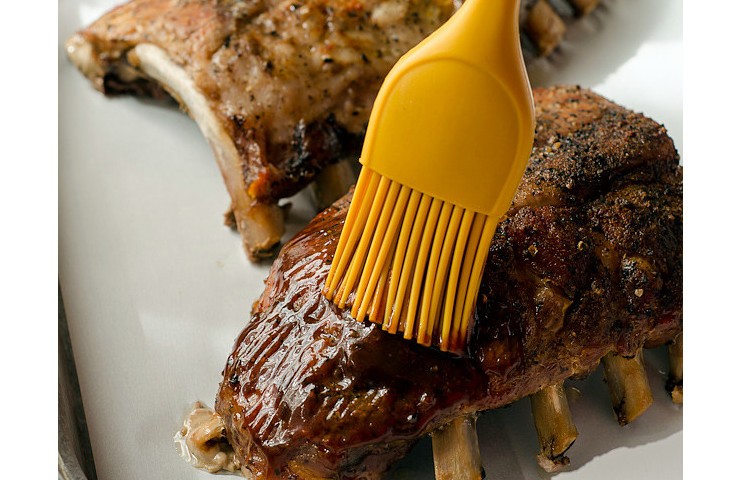








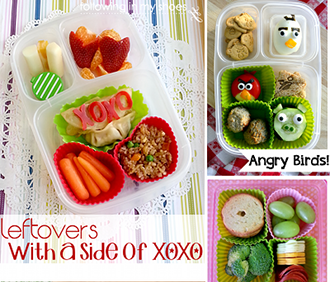
[…] Rachel’s post last week on what to eat, I have a simple, but impossible, answer. Raise your own meat and grow your own food. Of course […]